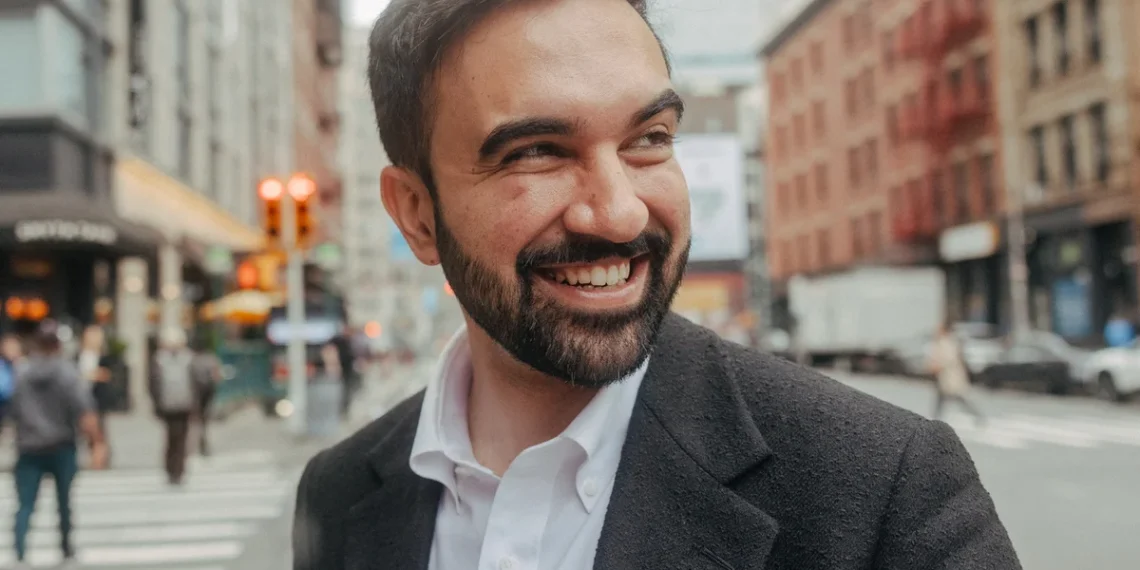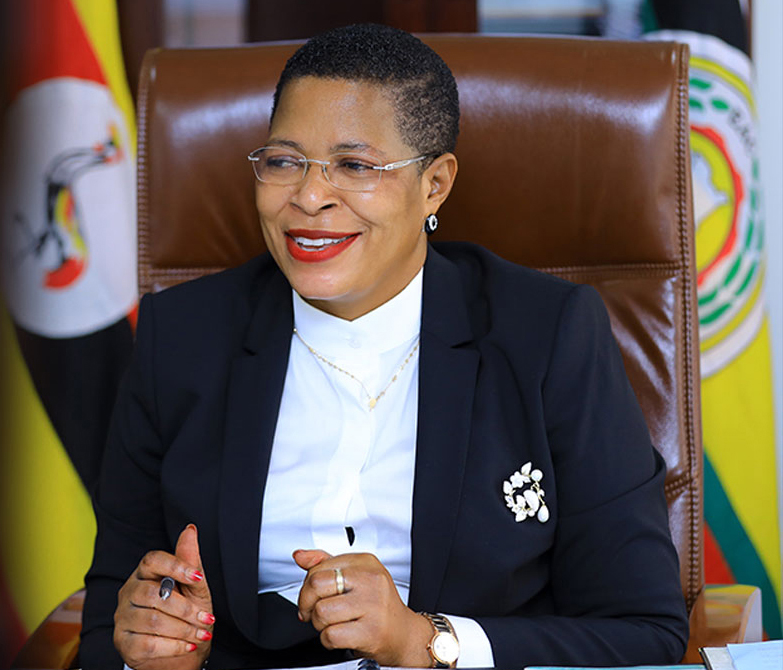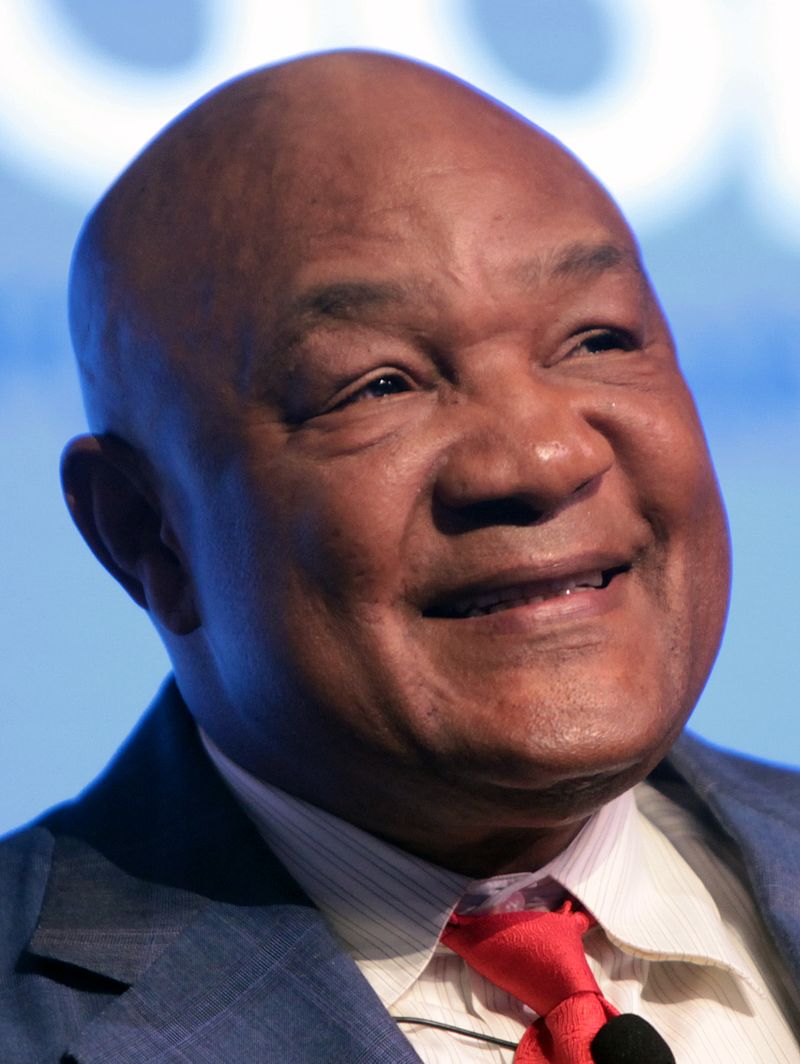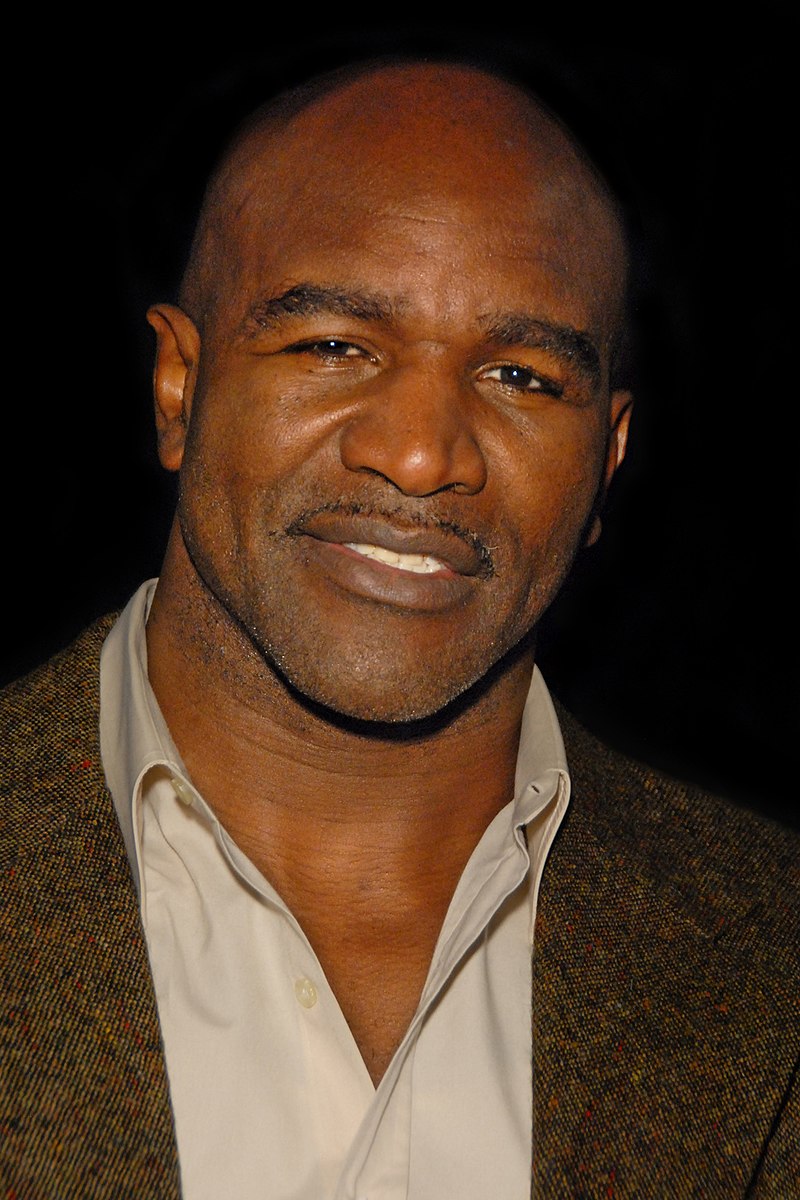Zohran Mamdani Khoja heritage provides insight into the Democratic candidate’s identity as he campaigns for New York City mayor. His cultural background explains his strong commitment to inclusion, resilience, and leadership rooted in community values.
The surname Mamdani links Zohran to his father, Mahmood Mamdani, a renowned Ugandan scholar. Their family belongs to the Khoja, a South Asian Muslim merchant caste originally from Sindh—now divided between Pakistan and India. For centuries, the Khoja community played a major role in shaping trade across the Indian Ocean.
The Khoja heritage is distinct, blending Hindu and Muslim traditions. British colonial records referred to them as “Hindoo Mussalman.” Eventually, they became predominantly Shiite Muslims. Most follow the Aga Khan as Ismailis, but Zohran’s family belongs to the Twelver sect, which believes in a hidden Twelfth Imam who will reappear during a crisis to restore justice.
In the 18th century, Khoja merchants expanded into East Africa. In Uganda, they helped develop markets, infrastructure, and schools while trading in spices, ivory, textiles, and timber. Moreover, their trade networks were founded on trust and family connections, with goods shipped across oceans based on handwritten agreements. The legacy of this system built resilience and financial strength within the community.
This spirit defines the Zohran Mamdani Khoja heritage. Beyond commerce, the Khoja built vital public institutions. For example, one key figure, Tharia Topan, used his wealth in Zanzibar to build the island’s first hospital and school. In 1890, he was knighted by Queen Victoria for his role in helping end slavery in East Africa.
However, the community’s history took a dark turn in 1972 when Uganda’s dictator Idi Amin expelled nearly 80,000 Asians, including the Mamdanis. Many families lost everything. Nevertheless, Mahmood Mamdani returned and helped rebuild Uganda’s academic landscape by founding the Makerere Institute of Social Research.
Zohran’s mixed heritage—his mother is Hindu filmmaker Mira Nair—demonstrates the inclusive nature of Khoja Islam, which has long embraced coexistence between Hindu and Muslim traditions. Consequently, this background supports his commitment to pluralism and unity in public service.
Globally, the Khoja diaspora has thrived in education, healthcare, and civic leadership. Furthermore, institutions like the Aga Khan Development Network and Interfaith America, led by Khojas, underscore their commitment to interfaith dialogue and development.
Ultimately, the Zohran Mamdani Khoja heritage is more than a personal narrative. It symbolizes how migration, identity, and belief can shape transformative leadership. His story shows how a rooted cultural legacy can drive a progressive political vision for the future.













